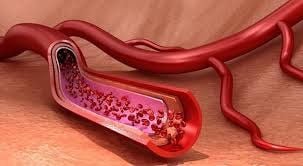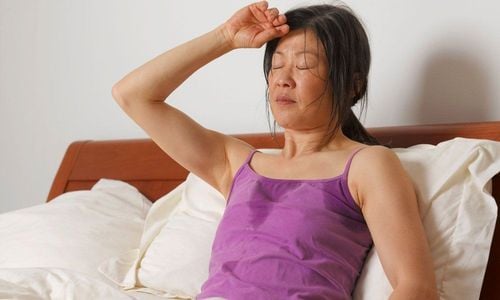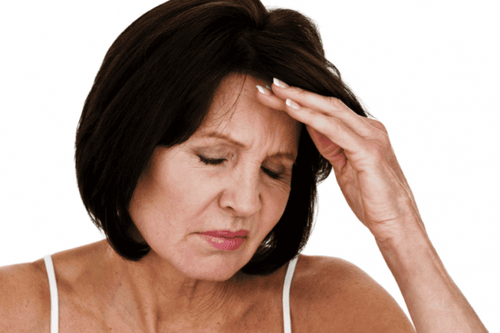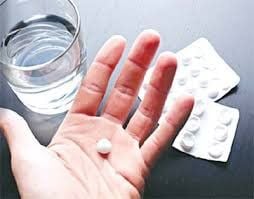This is an automatically translated article.
The article was professionally consulted by Specialist Doctor I Pham Thi Yen - Obstetrician - Obstetrics and Gynecology - Vinmec Hai Phong International General Hospital.Menopause is a natural progression of the aging process. Entering menopause, women face psychological changes and the risk of many diseases. Aging and depression are common problems affecting the quality of life of postmenopausal women.
1. The number of menopausal women is increasing
Menopause is the permanent cessation of menstruation and the inability to reproduce naturally, this is a normal physiological phenomenon caused by ovarian degeneration and female hormone decline. Menopause is defined when a woman has not menstruated for 12 consecutive months. Fifty years ago, the average life expectancy for women, even in the developing world, was around 50 years old. Along with the development of economy and society, human life expectancy is increasing and the number of postmenopausal women also increases. In 1990, there were an estimated 467 million postmenopausal women worldwide. It is predicted that by 2030, the number of postmenopausal women worldwide will increase to 12 million. In the 1990s, the world had nearly 25 million women enter menopause each year but this number is expected to increase to 47 million by the 2020s.The average age of natural menopause is around 45-55 years, Menopause before the age of 40 is considered early menopause, after age 55 is considered late menopause. In developed economies, the average age of natural menopause is about 51 years, while in developing countries, the average age of natural menopause is about 48 years. In Vietnam, the average age of menopause is 48.7 years old, ranging from 47-52 years old.

2. Aging in menopausal women
During menopause, cells age faster. With a decline in hormones and a decrease in organ function in the body, the common signs of aging in menopausal women are:Poor appearance: Dry skin, wrinkles appear, flow saggy, melasma, age spots appear and grow quickly. Symptoms of vasomotor disorders such as hot flashes and night sweats appear. Hot flashes are hot flashes accompanied by sweating, body heat, nervousness, anxiety, sometimes accompanied by chills. Hot flashes last an average of 3-4 minutes. Night sweats are hot flashes that occur at night and often interfere with sleep. Physiological decline: female reproductive organs such as vulva, vagina, uterus, and ovaries all degenerate. Vagina reduces oily secretion, is prone to infection, genital activities cause pain due to dryness, thereby reducing desire and fear of sexual activity. The hormone estrogen plays an important role in maintaining the epithelium of the bladder and urethra. The decline in estrogen during menopause causes changes in these organs, women may experience urinary tract symptoms such as urinary urgency, difficulty urinating, frequent urination, recurrent urinary tract infections, ... Decreased bone density, increased bone resorption, calcium malabsorption increases the risk of osteoporosis, fragile bones due to trauma.
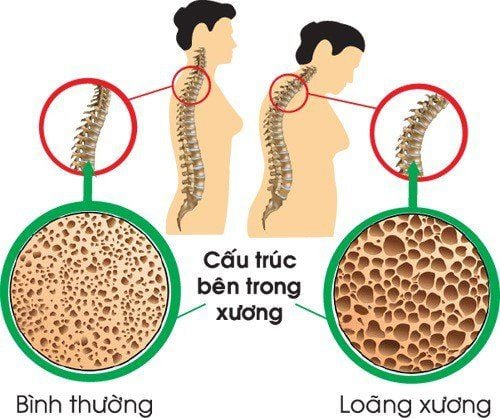
3. Depression in menopausal women
Menopausal psychological disorders can include insomnia, mood swings, irritability, anxiety, and depression. Psychological changes manifest themselves in varying degrees from person to person. Depressive disorders account for about 20% of postmenopausal women. People with a history of psychological instability before menopause have a higher risk of depression after menopause.Depression is a disease related to the patient's mood, behavior, thinking, and emotions. The disease affects the way the patient eats, sleeps, and activities, as well as the way the patient thinks and perceives everything around them. The illness can manifest as a depressed mood most of the day, which can last for 2 weeks or longer, and a loss of interest or enjoyment in activities that were once enjoyed.
A 2006 study at Harvard University in 460 perimenopausal women aged 36-45 years, with no prior diagnosis of depression. Research has shown that the rate of depression in women going through menopause is twice as high as in women who are still menstruating. Depression is particularly associated with vasomotor symptoms such as hot flashes and night sweats. Sweating makes it difficult to sleep at night, during the day women will be tired, irritable and lead to depressive symptoms. A study conducted in Taiwan in 2005 showed that 42.1% of postmenopausal women had sleep disturbances and depression was closely related to sleep disturbances.

Perimenopausal women with psychological trauma related to illness are at risk depression 1.65 times higher than other people. Perimenopausal women with work-related psychological trauma, the risk of depression is 4.51 times higher than other women. Perimenopausal women without children were 2.75 times more likely to be depressed than women who had children. Perimenopausal women with psychological trauma related to family well-being have a 3.74 times higher risk of depression than other women. Aging and depression in postmenopausal women severely affect quality of life. Menopause is a natural, irreversible process, so adjusting your lifestyle and activities to fit the body's changes is extremely necessary. Sleep is a very important part, sleep helps regulate blood and restore health. Building a regular sleep-wake-up routine from a young age will help the brain's biological clock work effectively in old age. Scientific diet, reduce salt and fat, eat a lot of fruits and vegetables, do not eat too much and be full before going to bed. Limit stimulants such as alcohol, beer, coffee, tobacco,... Regular exercise will help blood circulation, enhance the functioning of the organ systems, and relax the mind.
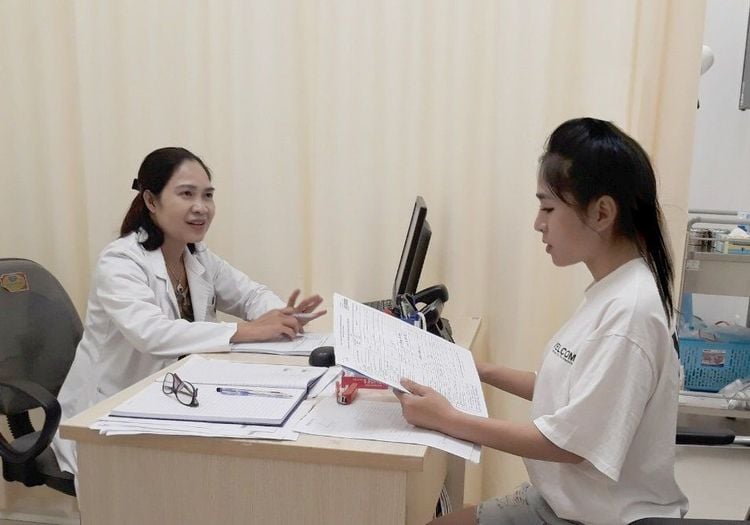
Gynecological examination Gynecological examination, breast examination Transabdominal ultrasound of uterus and ovaries Taking samples for cervical-vaginal cytology Mammogram (2 sides) Osteoporosis Measurement Perform other tests to detect premenopausal conditions, if any. Doctor Pham Thi Yen has 11 years of experience in examination and treatment in the field of Obstetrics and Gynecology. Doctor with strengths and deep understanding in:
Examination and consultation of normal pregnancies, pathological pregnancies, high-risk pregnancies Examination and treatment of gynecological diseases: cervicitis, cervical ectropion Surgery Laparoscopic surgery for gynecological diseases: ectopic pregnancy, uterine tumor, ovarian tumor Surgery for breast, vulvar, vaginal, cervical tumors Obstetric surgery: cesarean section, examination and treatment of women's endocrine disorders at all ages: puberty, reproductive age; perimenopausal age. Recommended video:
Introduction to Vinmec Health System
Please dial HOTLINE for more information or register for an appointment HERE. Download MyVinmec app to make appointments faster and to manage your bookings easily.





